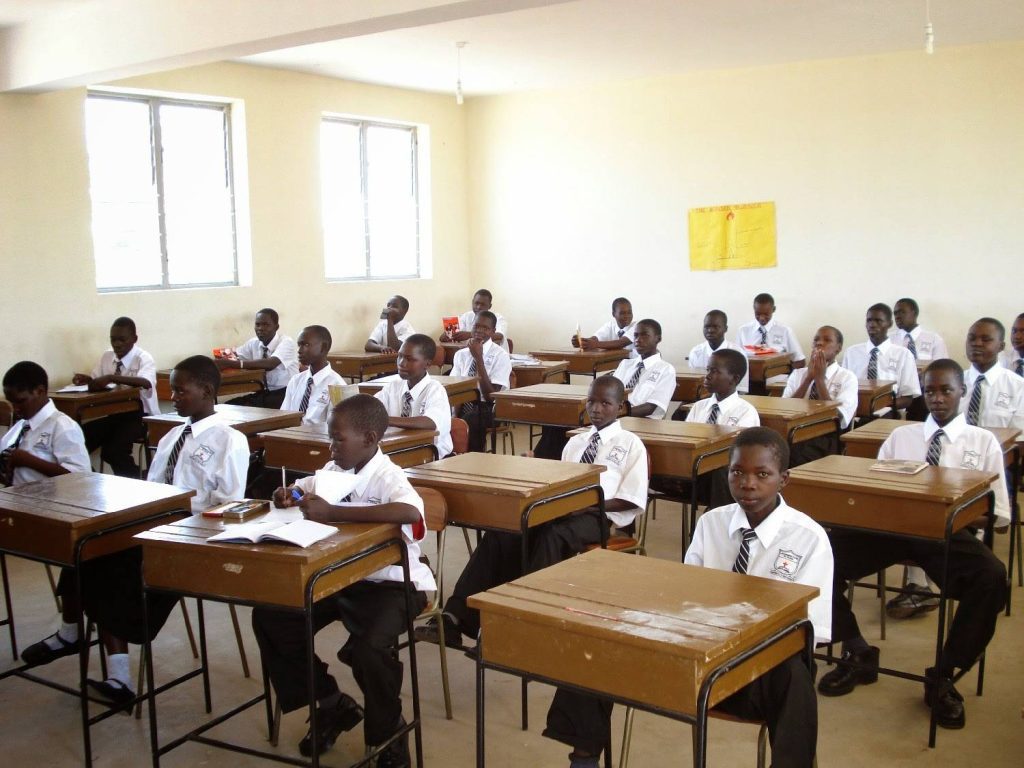In the halls of secondary schools across Nigeria, a silent transformation has taken place over the years, one that has witnessed the gradual fading of agricultural education away from the limelight. Once a cornerstone of the curriculum, agricultural science is no longer held in the same regard as it was in the 1980s. To unearth the reasons behind this decline, we sat down with experienced agricultural science teachers, who shared their observations and concerns.
“As an experienced agricultural science teacher”, one educator began, “I believe that agriculture has lost its prominence in secondary education compared to the 1980s when it was one of the most practised and respected subjects in secondary schools.” In those days, students were enthusiastic about agriculture, wielding farming tools and engaging actively both in the classroom and the field. They learned how to cultivate and grow various farm produce. However, over time, this practice seemed to have been taken for granted.
“Students were increasingly being used as labourers for tasks unrelated to the subject, and many began to associate agricultural science with manual labour, leading to a decline in their interest and participation,” another teacher added. This shift in perception proved detrimental to the subject’s vitality. Furthermore, the entry of teachers, who were not adequately trained in agricultural science exacerbated the issue. “Many educators assumed that teaching agriculture was simple, resulting in students achieving less and the subject losing relevance in their eyes.”
One significant turning point in the diminishing focus on agricultural education was the shift in the curriculum. The decision to make agricultural science an optional subject rather than a compulsory one, allowed students to choose from a range of other subjects, which contributed to a decline in enrolment. “Students often opted for subjects they perceived as more academically rigorous or career-oriented”, noted a teacher. However, the issue reaches beyond the classroom. “It was a chain of processes from the federal government down to the local level,” a teacher emphasized. The disregard for the agricultural sector by the federal government had consequences in various sectors, including education. Agriculture was often seen as a means of generating revenue rather than a subject that deserved genuine attention.
“Agriculture is always seen as a very simple and ‘useless’ subject, even by those who teach it”, a teacher lamented. The practical aspects of the subject were neglected, and the theoretical aspects were often inadequately taught. Many higher institutions treated agriculture as a repository course, a fallback option for students, who didn’t meet the cut-off marks for other courses. It was also noted that the value of agriculture, as a field of study has been significantly diminished, leading students to believe there is no future in this line of education. “Imagine a graduate in agriculture working in a bank; that is the situation in our dear country today, one-by-one teacher commented. The allure of careers in health sectors often outshone agriculture. To compound the problem, agricultural science was made optional, no longer a core subject. The Federal Government and the ministry of Education’s value placed on agricultural education seemed diminished.
Teachers also pointed out that while there are many opportunities and careers in agriculture, most students were not aware of them, and the teachers themselves often fail to guide students in exploring these paths. In many cases, teachers lacked the qualifications and training necessary to provide comprehensive instruction in agricultural science. The decline of agricultural education in Nigerian schools is multifaceted, influenced by shifts in perception, curriculum changes, and the lack of investment and support from educational authorities while addressing these challenges is crucial to reviving the vitality of agricultural education and ensuring that students are exposed to the rich opportunities this field can offer.



